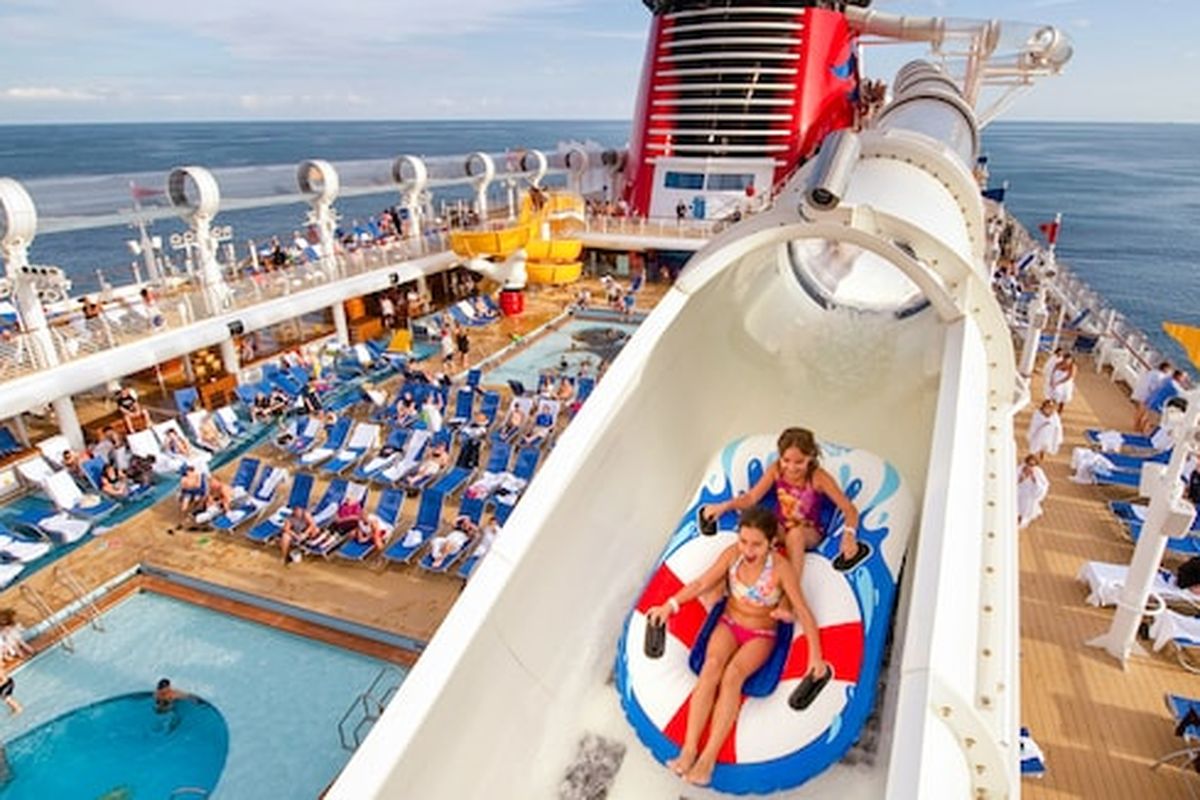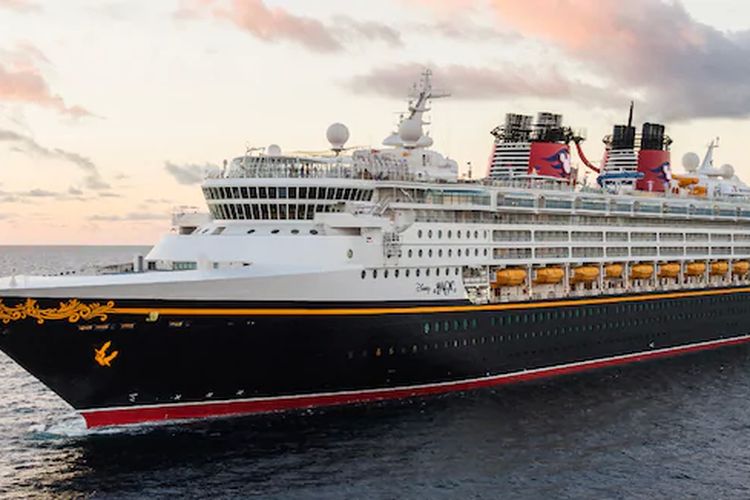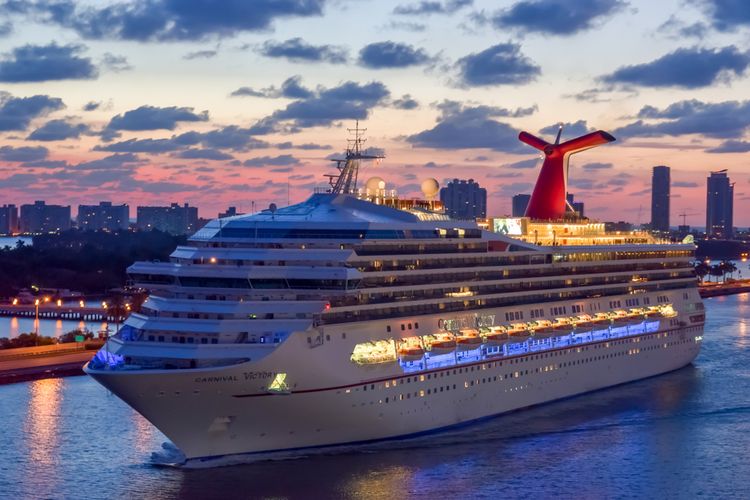
What were called "cruises to nowhere" were undertaken in the past few months to show that cruises were feasible even in times of pandemic. But the term concealed sobering facts: such outings took place with a maximum of 60% of normal passenger numbers and strict hygiene measures.
During the first cruises to northern Europe, on the Mediterranean and off Singapore, passengers were not allowed to leave the ships. Now, if local authorities allow it, passengers can again disembark. Nevertheless, cruise passengers have to remain together in their group. Those who leave them without permission are not allowed to return to the ship.
The cruise operators are convinced the concept works. “Since July, on more than 50 cruises, we have had more than 50,000 passengers on board and demonstrated that cruises are possible, even in COVID-19 times,” said TUI Cruises in answer to a DW inquiry.
Also read: Capella Ubud Hotel Bali is World’s Best Hotel: Travel + Leisure
Apart from a few exceptions, the experiment was successful, as most trips took place without incident. However, the concept would not hold up in the long term. For cruise operators, such low passenger numbers mean losing money.
And industry analyst Illes says that, for the overwhelming majority of passengers, discovering foreign destinations in combination with sea travel remains the main attraction. On the “cruises to nowhere,” he says, passengers are so limited in their individual freedoms that many would never even think of taking a cruise under those circumstances.
Without vaccination, no recovery
Whether the cruise industry can truly recover in 2021 will depend above all on the effectiveness of vaccination. Until now, financial backers are still on board, because they know how profitable the cruise business is under normal circumstances.
And customers are remaining loyal as well. “There is still a demand for cruises,” TUI Cruises confirmed to DW.
But without concessions from the health authorities, a new start for the cruise industry will continue to be delayed.
Countries such as Greece, the US and Spain have blocked their ports to cruise liners until further notice. Only the Canary Islands are currently open to the liners. But there, too, the number of infections is rising: the German Foreign Office, for example, has now issued a travel warning for the Spanish archipelago, and German ports also remain closed to cruise ships.
“Politically it was and still is unthinkable to allow thousands of people to take cruises while nobody else can stay in a hotel or eat in a restaurant,” says analyst Thomas Illes.
No more money for environmental protection?
Even before the coronavirus pandemic, cruises no longer enjoyed the best reputation. The industry was heavily criticized for its negative effect on the environment — and ultimately, though reluctantly, it became a pioneer within the entire shipping industry.
Also read: AirAsia Indonesia Hikes Flight Frequency of Lombok-Jakarta Route


































